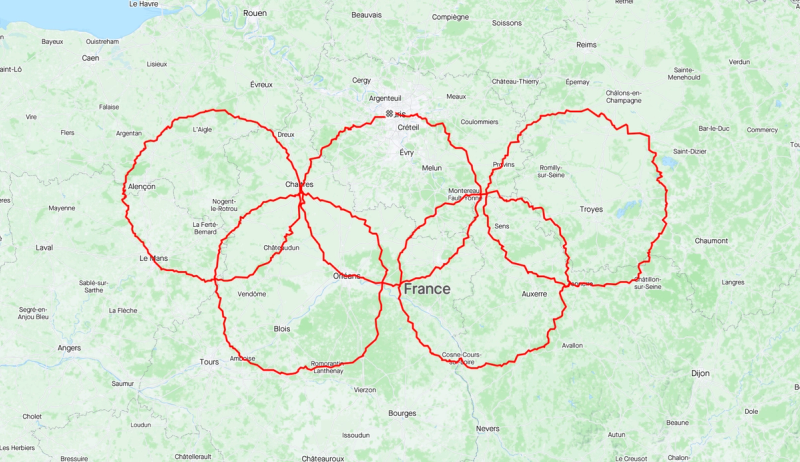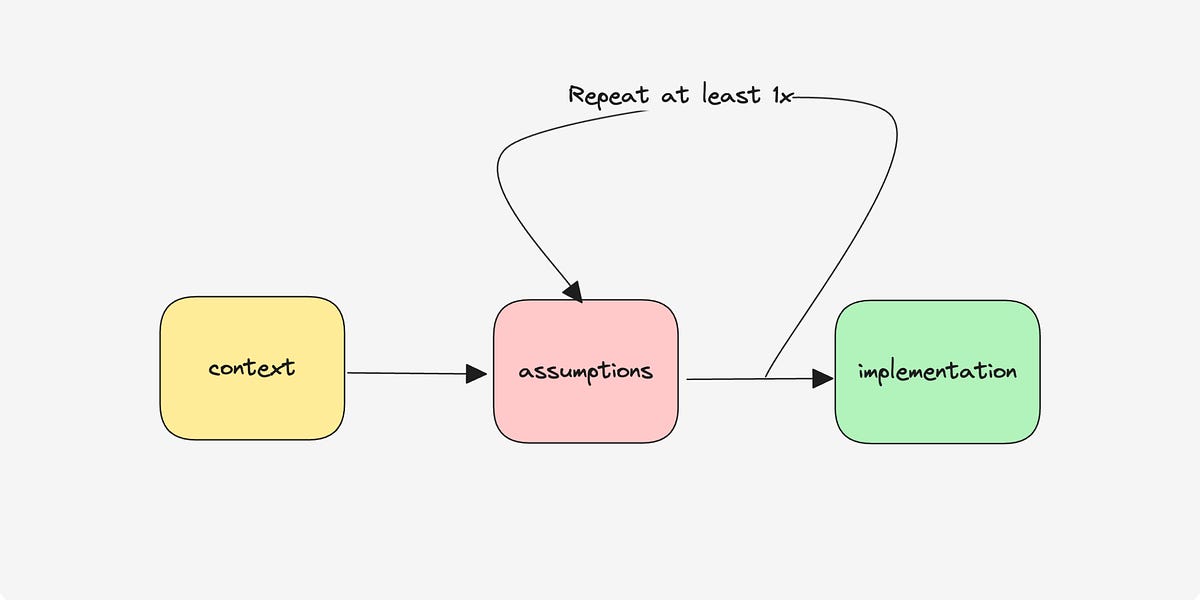Joachim Breitner's Homepage
I am returning from the reproducible builds summit 2018 in Paris. The latest hottest thing within the reproducible-builds project seems to be bootstrapping: How can we build a whole operating system from just and only source code, using very little, or even no, binary seeds or auto-generated files. This is actually concern that is somewhat orthogonal to reproducibility: Bootstrappable builds help me in trusting programs that I built, while reproducible builds help me in trusting programs that others built.
And while they make good progress bootstrapping a full system from just a C compiler written in Scheme, and a Scheme interpreter written in C, that can build each other (Janneke’s mes project), and there are plans to build that on top of stage0, which starts with a 280 bytes of binary, the situation looks pretty bad when it comes to Haskell.
The problem is that contemporary Haskell has only one viable implementation, GHC. And GHC, written in contemporary Haskell, needs GHC to be build. So essentially everybody out there either just downloads a binary distribution of GHC. Or they build GHC from source, using a possibly older (but not much older) version of GHC that they already have. Even distributions like Debian do nothing different: When they build the GHC package, the builders use, well, the GHC package.




















